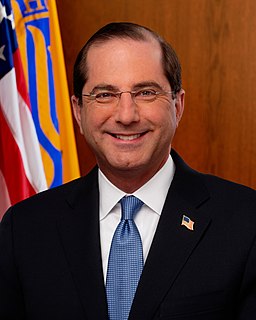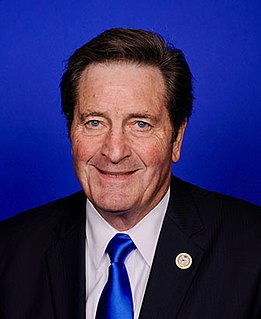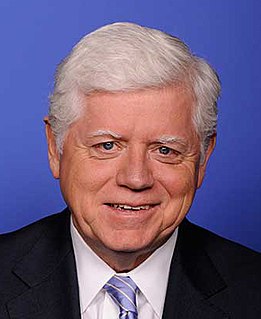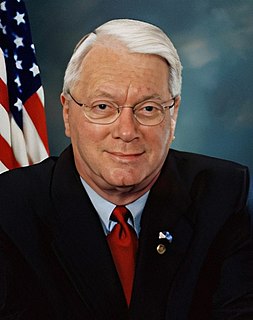A Quote by Alex Azar
The Medicare program is a great promise we've made to our seniors. But if you start expanding that out to everybody else, you're going to undermine the employer insurance market.
Related Quotes
The bottom line in 2007 is that enrollment costs are going up substantially, drug coverage is declining and the brand name coverage in the doughnut hole is being eliminated... Medicare D is an insurance program, not a benefit. As consumption increases, so too will cost. The changes in 2007 clearly demonstrate the limitations of the program.
The Affordable Care Act is a huge problem. [Repealing the ACA is] going to have huge implications. We have millennials that live in Boston that are on their parents' health insurance. The businesses have hired them and have been able to hire more people because they have been able to be on their own health insurance. We have seniors in our city who have preexisting conditions, or something called a "donut hole," which is a prescription drug [gap] in Medicare. Whatever changes they make could have detrimental effects on people's health care, but also on the economy.






























